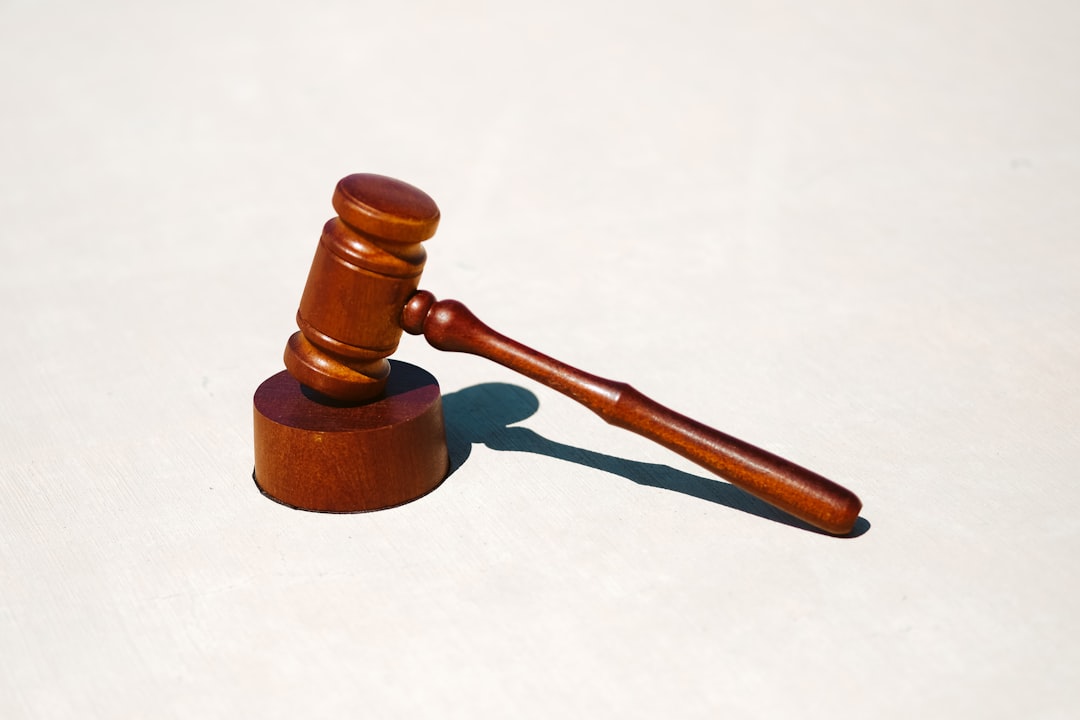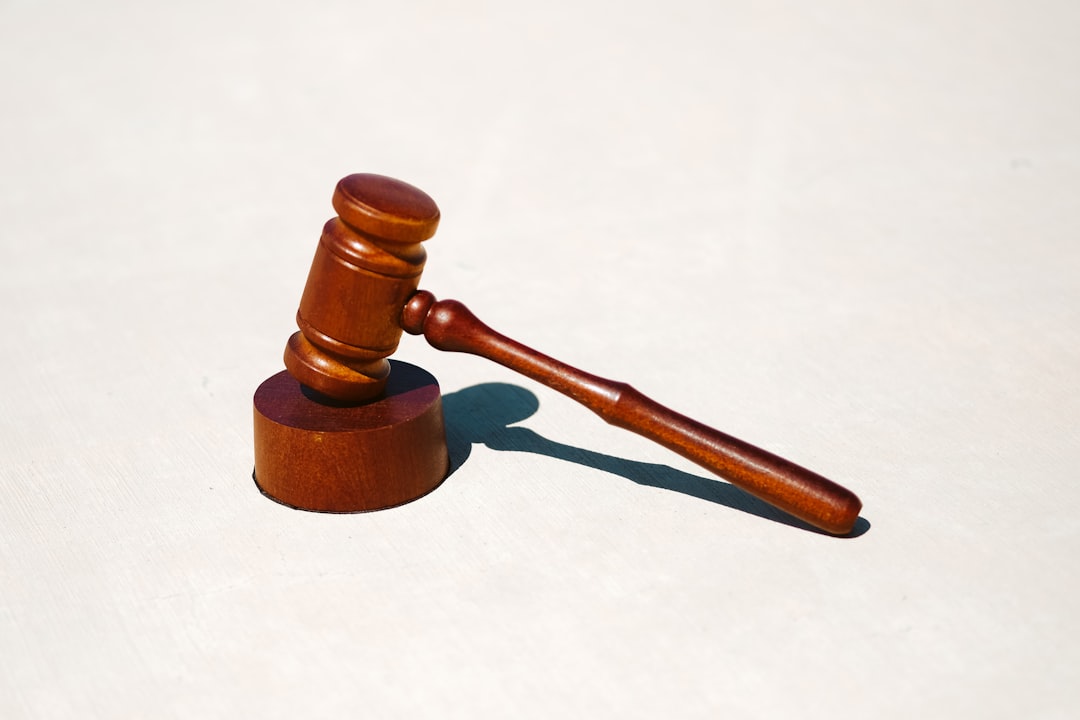Maryland's disability support programs face unique challenges addressing sexual abuse among vulnerable individuals. A sexual abuse law firm in Maryland offers expert guidance for victims with co-occurring disabilities, helping them navigate legal protections, secure specialized support, and pursue justice. These firms assist in understanding rights, accessing resources, and holding accountable those responsible, empowering survivors to take control of their healing process.
In Maryland, individuals with disabilities participating in support programs are vulnerable to sexual abuse, a serious yet often overlooked issue. This article explores the legal options available to victims, focusing on Maryland’s disability support programs. We delve into understanding these programs, recognizing signs of sexual abuse, and navigating the legal system with a dedicated sexual abuse law firm in Maryland. By shedding light on these resources, we aim to empower victims and ensure they receive the justice and support they deserve.
Understanding Maryland's Disability Support Programs

Maryland offers a range of disability support programs designed to assist individuals with disabilities in various aspects of their lives, including employment and education. These programs are governed by state laws and regulations, which provide a framework for protection and support. For victims of sexual abuse who also live with disabilities, understanding these programs is crucial. A sexual abuse law firm in Maryland can offer valuable guidance on navigating these systems effectively.
The state’s disability support programs include initiatives like the Maryland Commission on Disability (MCD), which ensures equal opportunities for individuals with disabilities. Additionally, there are specific legal protections against discrimination based on disability status, ensuring victims have recourse if they face barriers or harassment in accessing these services. These programs aim to foster inclusivity and independence but may also present challenges for survivors of sexual abuse, who often require specialized support and accommodations.
Recognizing Sexual Abuse in These Programs

In Maryland’s disability support programs, recognizing and addressing sexual abuse is crucial for safeguarding vulnerable individuals. Victims may face unique challenges due to their disabilities, making it essential for program staff and participants to be aware of potential signs of abuse. A sexual abuse law firm in Maryland can provide guidance on identifying patterns such as sudden changes in behavior, increased anxiety or aggression, unexpected injuries, or secretive interactions between staff and participants.
Program administrators should implement robust reporting protocols and train personnel to handle these sensitive matters discreetly and effectively. Prompt reporting to relevant authorities, including a sexual abuse law firm in Maryland, is vital for initiating legal action and ensuring the safety of all involved.
Navigating Legal Options and Resources for Victims

Navigating legal options after experiencing sexual abuse within disability support programs in Maryland can be a challenging and complex process. Victims may feel overwhelmed by their circumstances, making it crucial to seek expert guidance from a specialized sexual abuse law firm in Maryland. These attorneys have the knowledge and experience to help victims understand their rights and the legal resources available to them. They can provide vital assistance in pursuing justice and holding accountable those responsible for such heinous crimes.
A sexual abuse law firm in Maryland will be able to offer tailored support, ensuring victims’ rights are protected throughout the legal journey. This includes helping them access compensation for medical expenses, therapy, and other related costs associated with the trauma they have endured. By connecting victims with the appropriate resources and representation, these firms empower them to take control of their healing process and seek a resolution that meets their individual needs.




